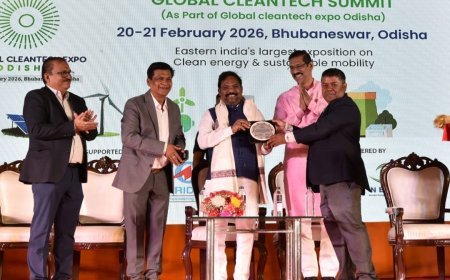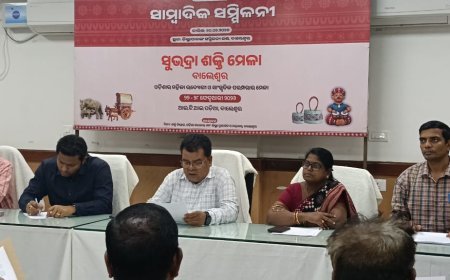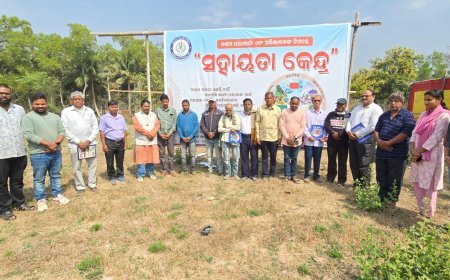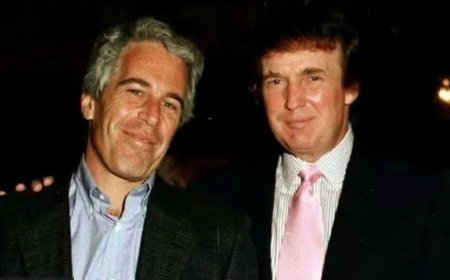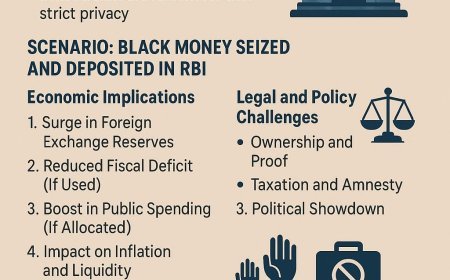Nobel Dreams or National Delusion? The Urgent Need to Reclaim India's Scientific Legacy

By: A Concerned Citizen
For a country that takes immense pride in its ancient wisdom and rich heritage, it is startling—and shameful—that in over 94 years, no Indian has won a Nobel Prize in science while working from within India, barring Dr. C.V. Raman in 1930. Nearly a century has passed, and despite the chants of "Vishwa Guru" and "Atmanirbhar Bharat," our scientific standing on the world stage remains embarrassingly dim.
The Stark Reality
Only 12 individuals of Indian origin have ever won the Nobel Prize. Out of these:
Just 5 received it while based in India.
7 were of Indian origin but had migrated abroad for better research infrastructure, academic freedom, and recognition.
When we zoom in on the sciences—Physics, Chemistry, Medicine, and Economics—the picture becomes even bleaker:
Only 5 Indians have won in these categories.
Only 1 did so from Indian soil—and that was nearly a century ago.
Let that sink in: One Nobel laureate in science in 94 years from within the country.
What’s Holding Us Back?
1. Chronic Underinvestment in Research
India spends a meager 0.64% of its GDP on Research and Development (R&D). In comparison:
The United States invests over 3.4%
China spends around 2.4%
Even tiny Israel allocates more than 4.9%
This budgetary neglect trickles down to every level: outdated labs, underpaid researchers, minimal grants, and little institutional encouragement for breakthrough innovation.
2. The Great Indian Brain Drain
India produces some of the world’s brightest minds. Yet, it has only 260 scientists per million people, while the U.S. and U.K. boast over 4,000 per million.
Why the gap?
Because every year, 25 lakh Indians migrate abroad, a significant portion of them highly educated professionals, researchers, and students. These minds seek what India fails to provide—opportunity, recognition, infrastructure, and freedom to think.
Our scientists succeed despite the system, not because of it.
3. A Culture That Rewards Myth Over Method
Walk through your local bookstore or scroll through TV channels. You'll find:
Astrology masquerading as science.
Loud debates on "ancient flying machines."
Blind worship of superstition, rather than fostering critical thinking.
Our mainstream media glorifies pseudoscience and ignores real scientists. Our school system teaches students to memorize facts, not to question or explore them.
As a result, scientific temperament is rare in both leadership and the common citizen.
Are We Dreaming or Deluding Ourselves?
The phrase “Vishwa Guru” sounds noble. But you can't be a global teacher while failing your own classrooms, labs, and libraries.
True global leadership comes not from hollow slogans but from groundbreaking research, Nobel-worthy discoveries, and a culture of rational, critical thinking.
Until we:
Radically increase funding in science and education,
Create ecosystems that nurture homegrown talent, and
Shift national attention from myth to merit,
India will remain the world’s back-office, not its brain trust.
The Way Forward
1. Invest in Science: Raise R&D spending to at least 2% of GDP.
2. Retain Talent: Offer world-class facilities, grants, and academic freedom.
3. Revamp Education: Focus on inquiry, not rote. Integrate creativity with science.
4. Media Responsibility: Spotlight real innovations instead of celebrity noise.
5. National Pride with Purpose: Celebrate the scientist as much as the soldier or actor.
It’s time we stop living in the glories of the past or the delusions of an imagined future. If we truly want to reclaim our rightful place in the world, we must prioritize science, truth, and progress.
Or else, “Vishwa Guru” will remain nothing more than a poetic fantasy—a dream that the world will never take seriously.
India deserves better. Let’s wake up.
Sanjay Pattnayak
Sundargarh








